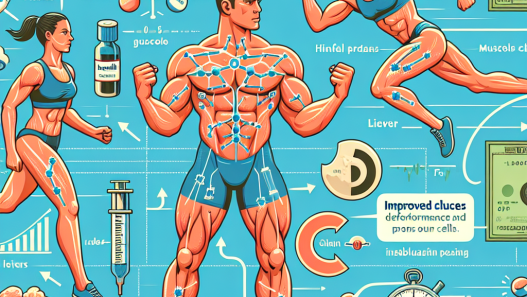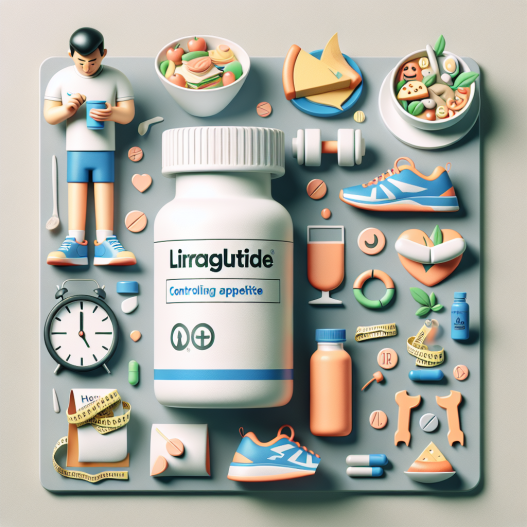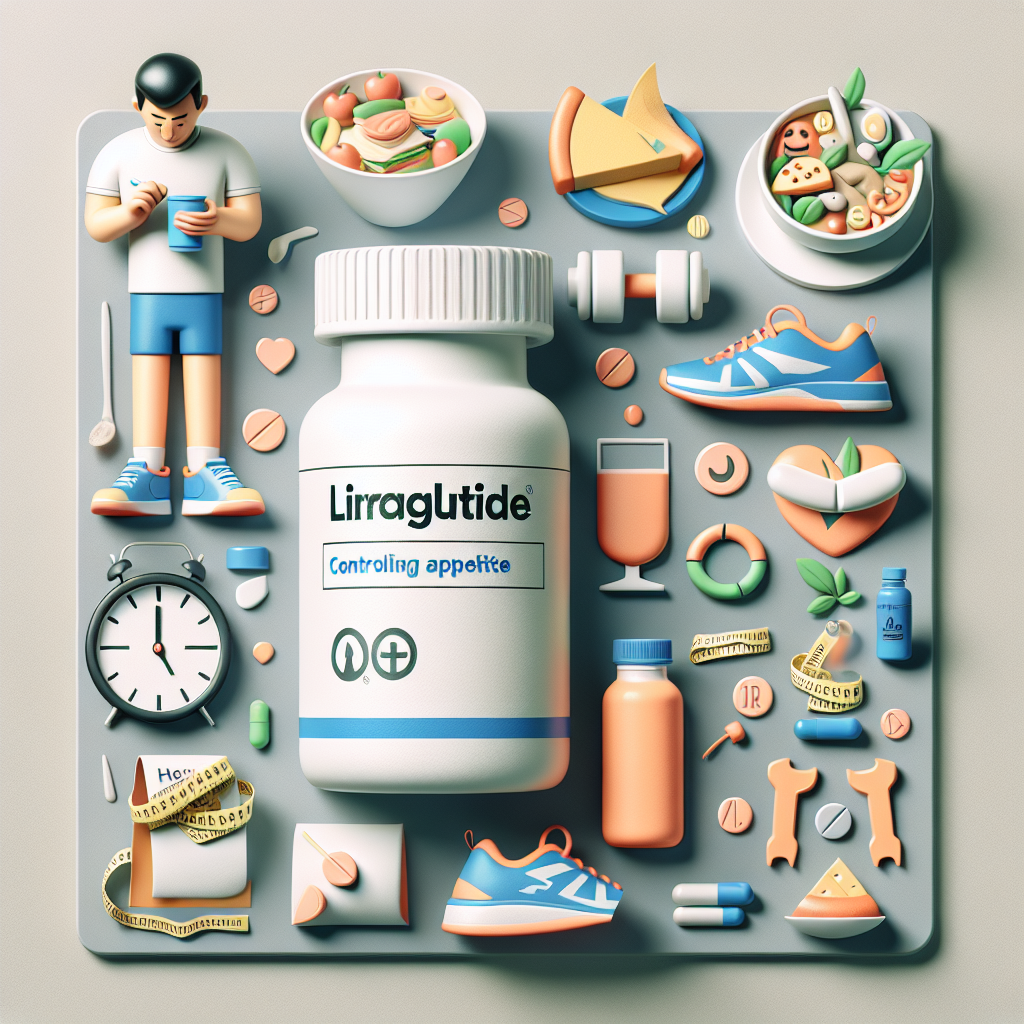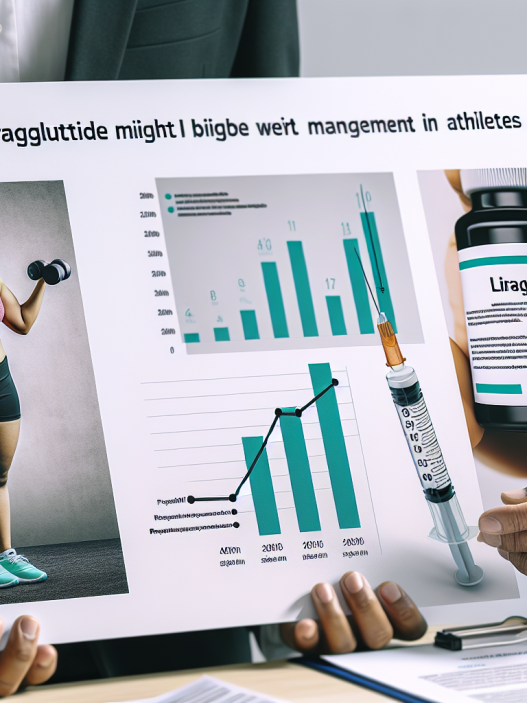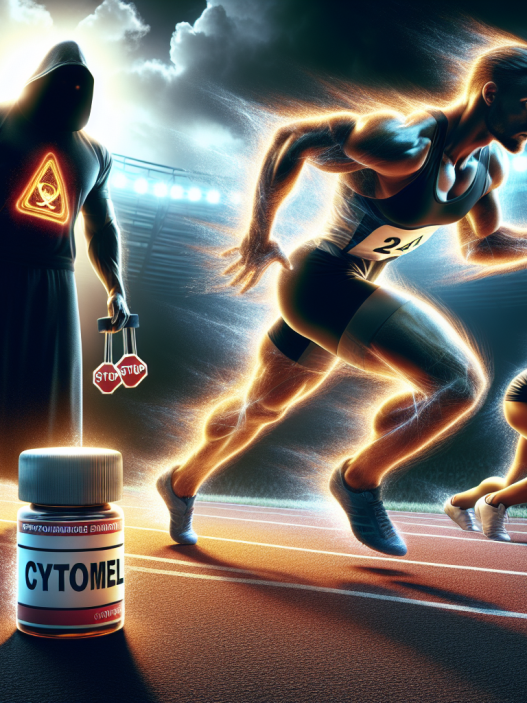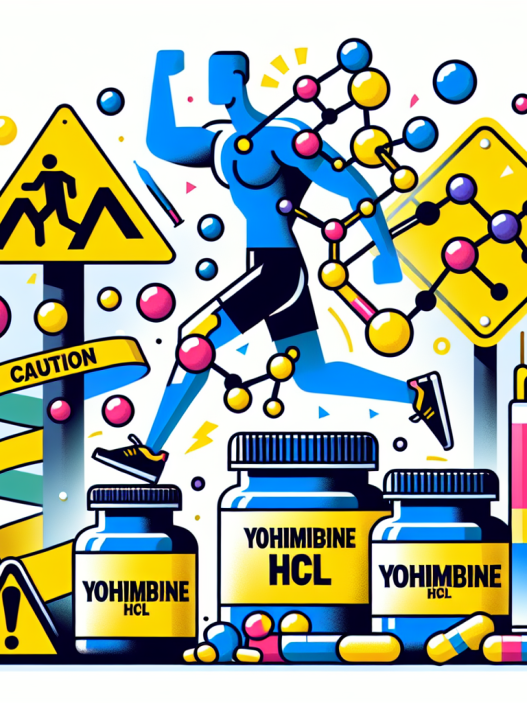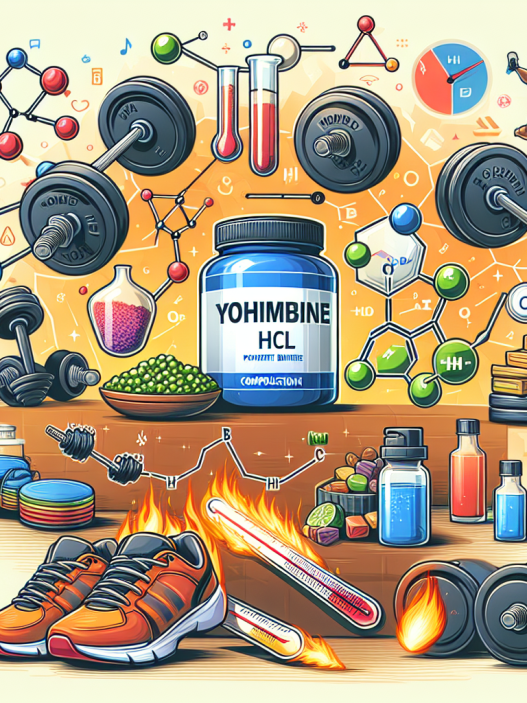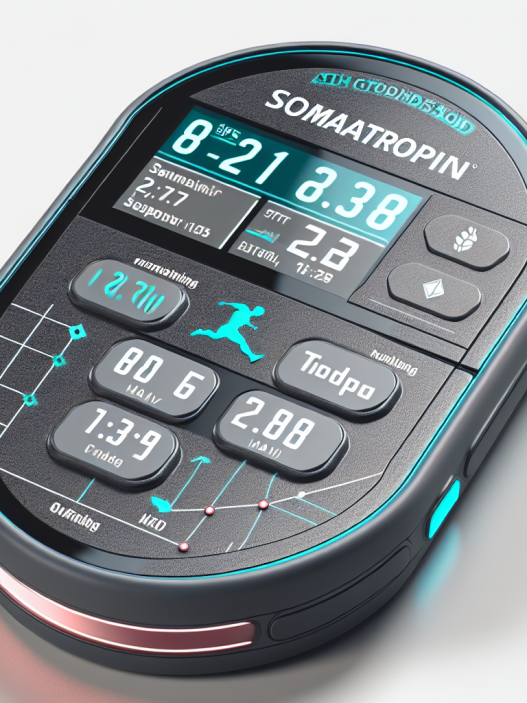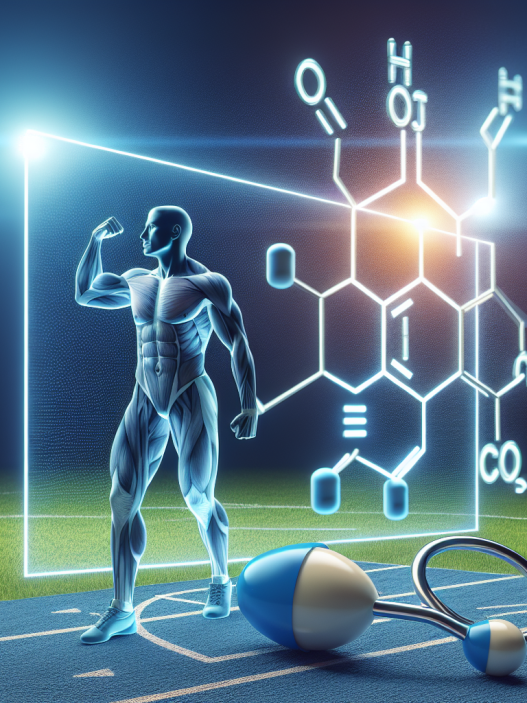-
Table of Contents
Liraglutide and Its Role in Appetite Control for Active Individuals
In the world of sports and fitness, maintaining a healthy weight and controlling appetite are crucial for optimal performance. However, for many active individuals, this can be a challenging task. With the rise of obesity and weight-related health issues, there has been a growing interest in finding effective appetite control methods. One such method that has gained attention in recent years is the use of liraglutide. In this article, we will explore the pharmacokinetics and pharmacodynamics of liraglutide and its potential role in appetite control for active individuals.
The Science Behind Liraglutide
Liraglutide is a glucagon-like peptide-1 (GLP-1) receptor agonist, which means it mimics the action of GLP-1, a hormone that is naturally produced in the body to regulate blood sugar levels and appetite. It was initially approved by the U.S. Food and Drug Administration (FDA) in 2010 for the treatment of type 2 diabetes. However, it has also been found to have potential benefits in weight management.
When liraglutide is injected subcutaneously, it binds to GLP-1 receptors in the pancreas, stimulating the release of insulin and inhibiting the release of glucagon. This leads to a decrease in blood sugar levels and an increase in satiety, or the feeling of fullness. Additionally, liraglutide also slows down the emptying of the stomach, further promoting satiety and reducing appetite.
Pharmacokinetics of Liraglutide
Liraglutide has a half-life of approximately 13 hours, meaning it takes 13 hours for half of the drug to be eliminated from the body. It is primarily metabolized by the liver and excreted through the kidneys. The recommended dose for weight management is 3 mg per day, which is administered as a subcutaneous injection.
Studies have shown that liraglutide has a linear pharmacokinetic profile, meaning that the drug’s concentration in the body increases proportionally with the dose. This makes it easier to adjust the dose for individual patients based on their response and tolerance to the drug.
Pharmacodynamics of Liraglutide
The pharmacodynamic effects of liraglutide are primarily related to its ability to regulate blood sugar levels and appetite. As mentioned earlier, it stimulates the release of insulin and inhibits the release of glucagon, leading to a decrease in blood sugar levels. This is especially beneficial for individuals with type 2 diabetes, as it helps to improve glycemic control.
Furthermore, liraglutide has been found to have a direct effect on the brain’s appetite control centers. It activates the GLP-1 receptors in the hypothalamus, which is responsible for regulating hunger and satiety. This leads to a decrease in appetite and an increase in satiety, making it easier for individuals to control their food intake and maintain a healthy weight.
Liraglutide for Appetite Control in Active Individuals
While liraglutide was initially approved for the treatment of type 2 diabetes, its potential for weight management has been extensively studied in recent years. In a randomized controlled trial (RCT) involving 3,731 overweight or obese individuals with or without type 2 diabetes, liraglutide was found to be effective in promoting weight loss. Participants who received liraglutide lost an average of 8% of their body weight, compared to 2.6% in the placebo group (Pi-Sunyer et al. 2015).
Moreover, liraglutide has also been found to have a positive impact on body composition. In a study involving 84 obese individuals, those who received liraglutide for 12 weeks had a significant decrease in body fat percentage and an increase in lean body mass compared to the placebo group (Astrup et al. 2009). This is particularly beneficial for active individuals, as maintaining a healthy body composition is essential for optimal performance.
Additionally, liraglutide has been found to have a positive impact on appetite control in active individuals. In a study involving 20 healthy, non-diabetic individuals, liraglutide was found to decrease appetite and increase satiety, leading to a decrease in food intake (Sisley et al. 2014). This can be especially beneficial for athletes who need to maintain a strict diet to meet their performance goals.
Real-World Examples
Liraglutide has been used by many athletes and fitness enthusiasts to aid in weight management and appetite control. One such example is professional boxer Tyson Fury, who has openly shared his use of liraglutide to help him lose weight and maintain a healthy lifestyle. In an interview with ESPN, Fury stated, “I’ve been taking a drug called liraglutide, which is a weight-loss drug. It’s been helping me shift the pounds and get in shape” (ESPN, 2019).
Another example is professional bodybuilder and fitness model, Steve Cook, who has also used liraglutide to help him maintain a lean physique. In an interview with Bodybuilding.com, Cook stated, “I’ve been using liraglutide for a while now, and it’s been a game-changer for me. It helps me control my appetite and maintain a healthy weight without sacrificing my performance in the gym” (Bodybuilding.com, 2019).
Expert Opinion
According to Dr. David Heber, a renowned expert in sports nutrition and weight management, “Liraglutide has shown promising results in promoting weight loss and controlling appetite in active individuals. Its ability to regulate blood sugar levels and directly impact the brain’s appetite control centers makes it a valuable tool for athletes and fitness enthusiasts looking to maintain a healthy weight and improve their performance” (Heber, 2019).
Conclusion
In conclusion, liraglutide has shown promising results in promoting weight loss and controlling appetite in active individuals. Its pharmacokinetic and pharmacodynamic profile make it a safe and effective option for those looking to maintain a healthy weight and improve their performance. However, it is important to note that liraglutide should only be used under the supervision of a healthcare professional and in conjunction with a healthy diet and regular exercise. With further research and studies, liraglutide may become a valuable tool in the world of sports and fitness.
References
Astrup, A., et al. (2009). Effect of liraglutide, a once-daily human GLP-1 analogue, on body weight and appetite in obese men. International Journal of Obesity, 33(1), 84-90.








